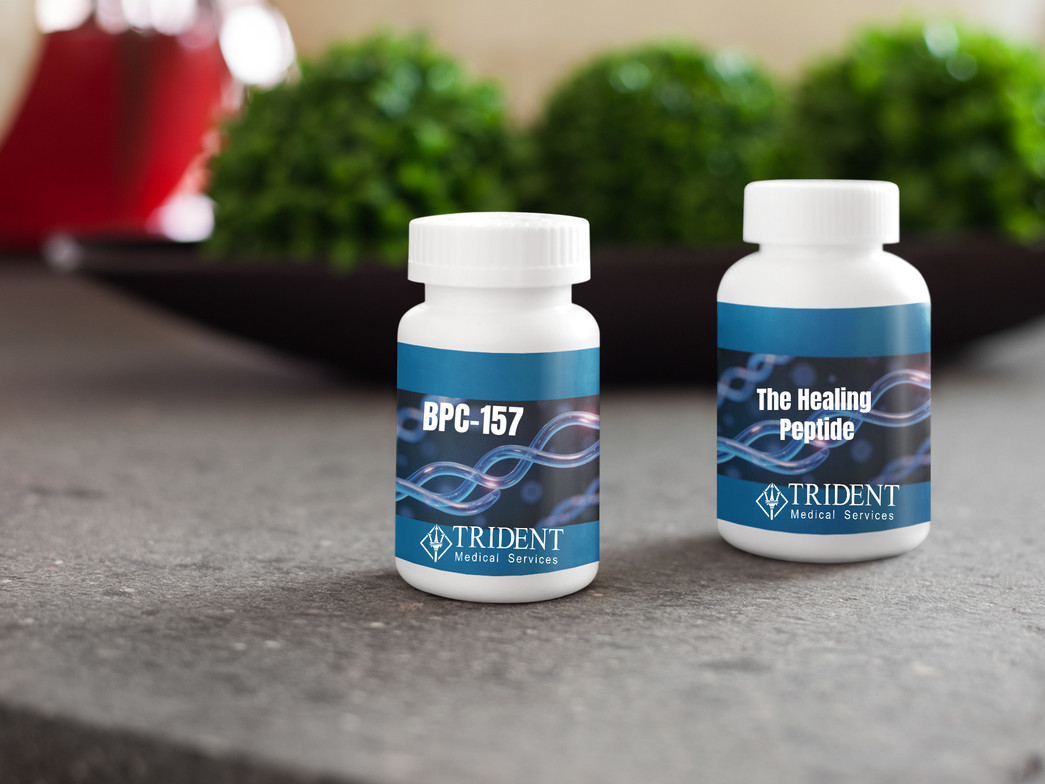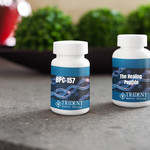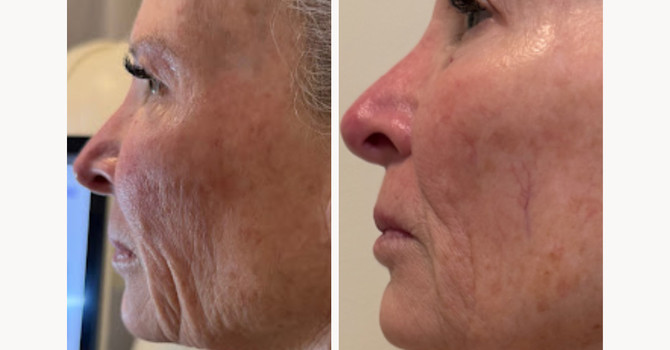BPC-157: The Regenerative Peptide That’s Changing the Inflammation Game
If your body is battling chronic inflammation, joint or tendon pain, or just isn't healing as quickly as it used to — BPC-157 might be worth knowing about. Known in research circles as the "Body Protection Compound," this peptide is turning heads for its ability to accelerate recovery, reduce inflammation at its root, and stimulate tissue regeneration — without suppressing the immune system.
What Is BPC-157, and How Does It Work?
Scientifically speaking: BPC-157 is a 15-amino acid peptide derived from a naturally occurring protein in gastric juice. It interacts with multiple systems in the body — including the nitric oxide (NO) pathway, growth hormone receptors, and angiogenic regulators like VEGF (vascular endothelial growth factor) — to promote tissue repair, reduce oxidative stress, and modulate the immune response.
In plain terms: It’s like a molecular project manager that shows up when your body is inflamed or damaged and directs resources to fix it faster and better, especially in soft tissue, muscle, tendons, ligaments, the GI tract, and even the brain.
Inflammation: Not Just a Symptom — the Root Problem
How BPC-157 tackles inflammation:
- Reduces pro-inflammatory cytokines (like TNF-alpha and IL-6), which are often elevated in chronic pain and autoimmune disorders.
- Stabilizes capillaries and endothelium, preventing tissue breakdown in inflamed or injured areas.
- Promotes angiogenesis, helping build new blood vessels that improve oxygen and nutrient delivery where it's needed most.
Medical Translation: Instead of masking pain, BPC-157 helps resolve the inflammatory process, especially when tissue breakdown or impaired blood flow is a factor.
Why it matters: For patients with chronic joint pain, tendonitis, gut inflammation, or post-surgical inflammation, this means less swelling, better circulation, and faster repair.
Collagen Production & Wound Healing: The Real Regeneration Power
Mechanisms of action:
- Stimulates fibroblast migration and activation — the key cells responsible for collagen production.
- Enhances collagen type I and III synthesis in injured tendons and ligaments.
- Speeds up epithelialization and angiogenesis, both critical for wound closure and tissue remodeling.
Layman’s terms: Think of collagen like the scaffolding for healing. BPC-157 helps your body lay that scaffolding faster, tighter, and stronger.
Use cases in research:
- Healing full-thickness skin wounds.
- Improving tendon healing in ruptures.
- Preventing breakdown in inflamed GI lining (gastric ulcers, colitis models).
Key Benefits of BPC-157
Anti-inflammatory (without immune suppression)
BPC-157 doesn’t shut down your immune system like steroids or NSAIDs. Instead, it works smarter — modulating inflammatory cytokines and promoting resolution of inflammation at the source. That means it's safer for long-term use while still helping reduce swelling, pain, and tissue breakdown.
Supports Collagen Production
This peptide stimulates the production of collagen types I and III — the structural proteins that keep your skin firm, your tendons strong, and your ligaments flexible. It’s a foundational tool for anyone looking to heal connective tissue damage or improve skin integrity.
Accelerates Wound and Injury Healing
BPC-157 enhances blood flow, cell migration, and tissue remodeling — all critical steps in healing. Whether you’re recovering from surgery, a torn tendon, or daily microtraumas from training, this peptide can help speed up recovery and reduce downtime.
Protects and Repairs the Gut Lining
Originally derived from gastric proteins, BPC-157 has shown powerful effects on the digestive system. It strengthens the mucosal barrier, supports the microbiome, and may help improve symptoms in conditions like gastritis, IBS, or even leaky gut.
Neuroprotective Potential
Research suggests BPC-157 helps neurons survive oxidative stress, which could make it beneficial for migraines, cognitive fog, and even nerve-related injuries. While more human research is needed, early results are very promising.
Is There a Catch?
- Human research is limited, though animal data is robust and consistent across multiple models.
- Not FDA-approved for human use — it's categorized as a research chemical.
- Sourcing matters: Poor-quality versions exist. We only use pharmacy-compounded peptides under provider supervision with informed consent.
Is It Right for You?
If you’re struggling with:
- Chronic inflammation or swelling
- Delayed recovery from injury or surgery
- Gut inflammation or discomfortJoint or tendon pain that won’t quit
Then BPC-157 may offer a natural, regenerative approach to healing without suppressing your body’s immune intelligence.

Kacey Seal
Contact Me.jpg)





